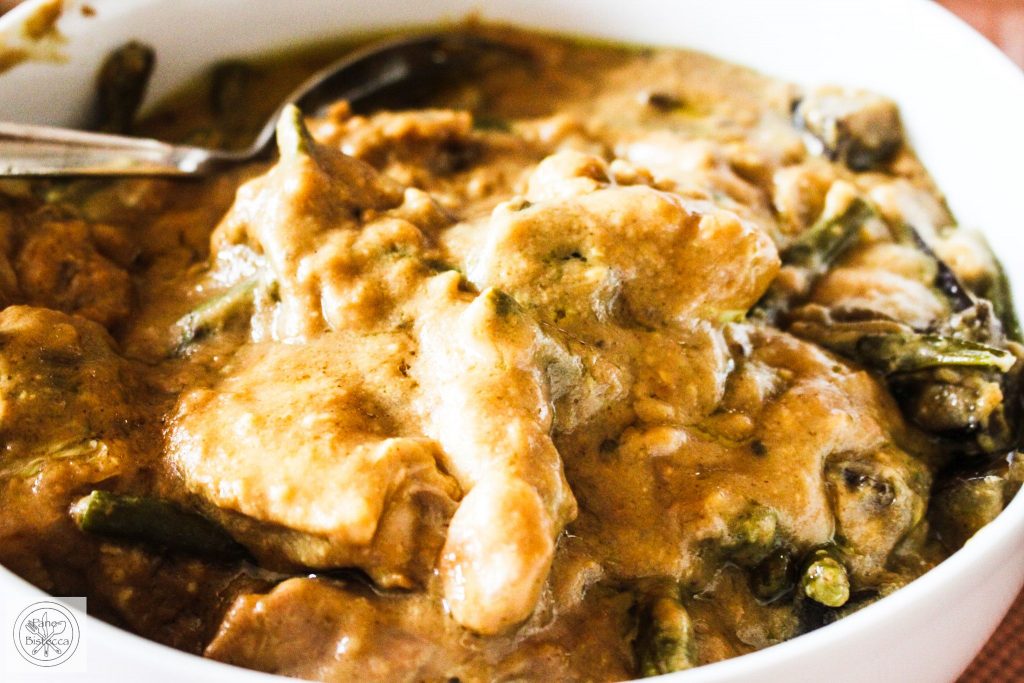
Chicken Kare-Kare – Traditional Filipino Dish modernized and gluten-free
The word Kare-Kare probably comes from the word Cari, which means golden brown. This is the name the Spanish and Portuguese gave to the locals because of the color of their skin. And again, another group claims it’s a dish of the Moro, the elite who settled in Manila back in the days, before the arrival of the Spanish. And because all good things come in threes, sorry, fours, they also say that the Indians invented this dish because they were homesick. Kaari means curry in Tamil.
This dish participates in Volkermampft’s Culinary World travel, which travels to the Philippines this month.
Ingredients
-
1 Kg Chicken meat, I used chicken legs and cut them into smaller pieces
-
2 heaped tbsp Rice Flour
-
1 Onion, finely chopped
-
4 cloves of Garlic, chopped
-
1 tbsp Fish Sauce
-
300 ml Water
-
2 Eggplants cut into large cubes
-
½ bunch String beans cut into pieces about 4 cm long (you can also use regular beans, but they cook faster, so add them later.)
-
1 Chinese Cabbage, leaves separated and cut into strips (optional, I didn’t add it)
-
Salt and Pepper
-
200 g Peanut Butter
Instructions
Step 1
Step 2
Step 3
Step 4
Notes
A very typical dish from the Philippines!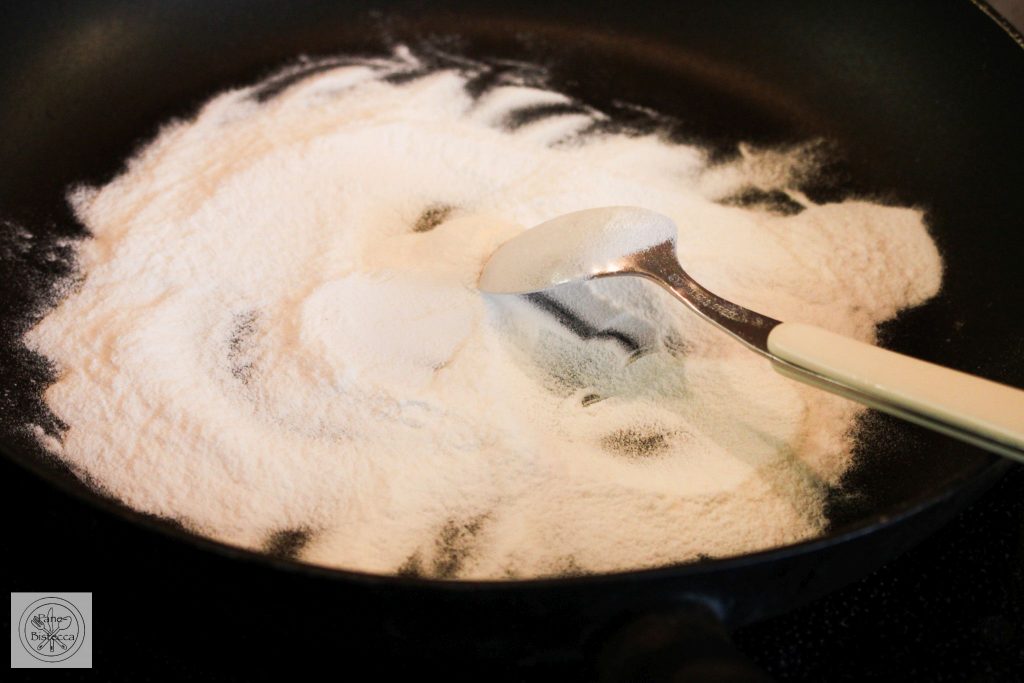
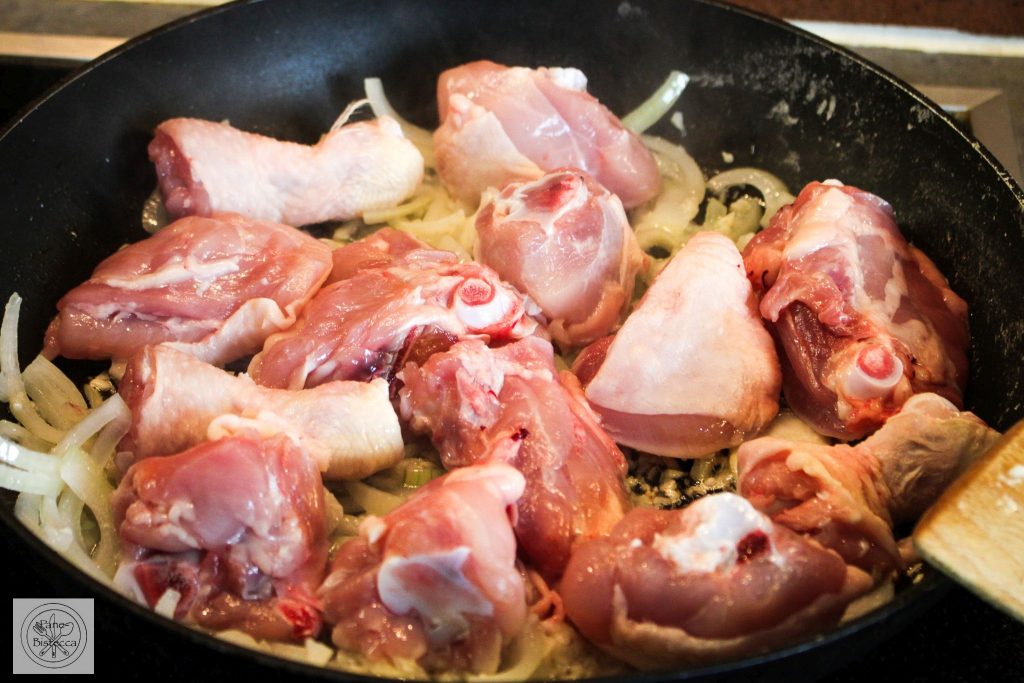
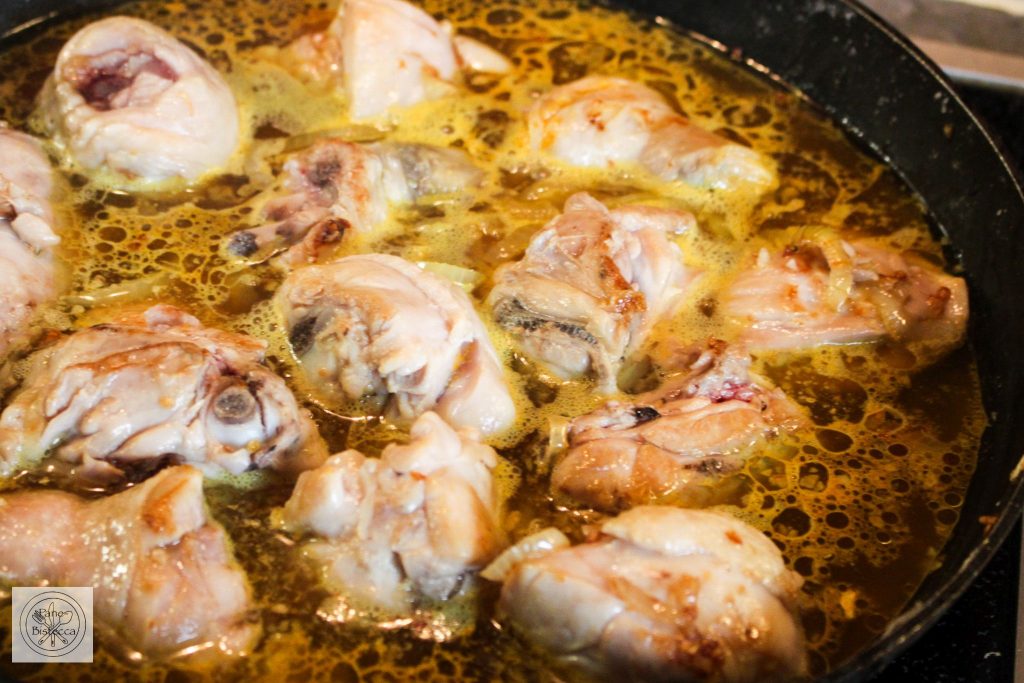
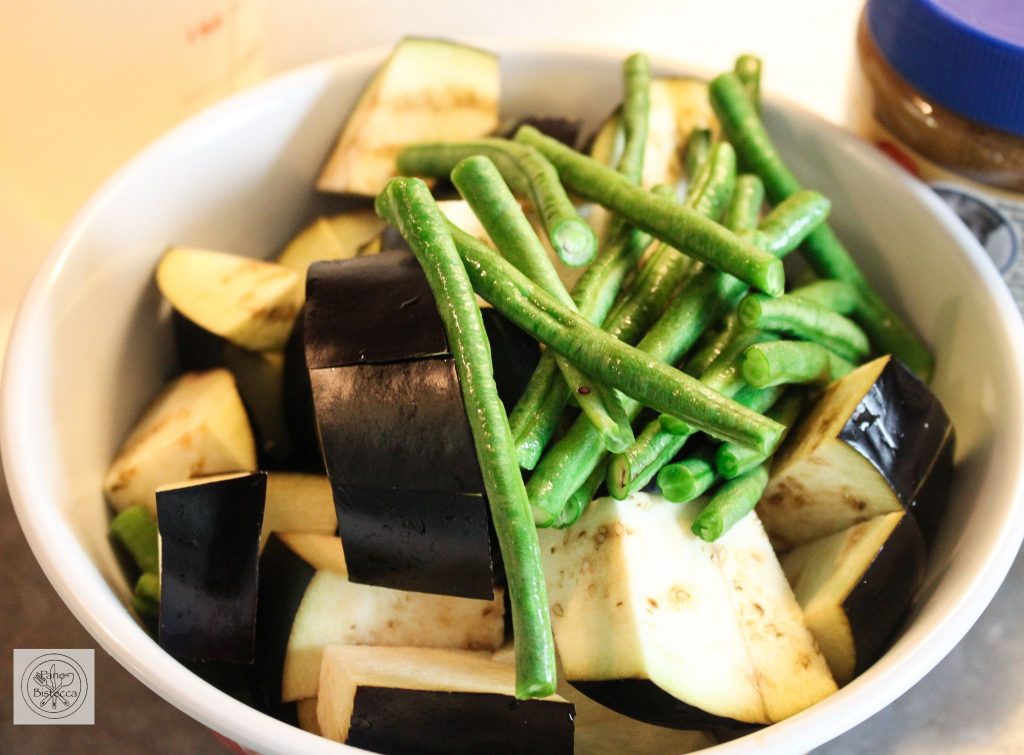
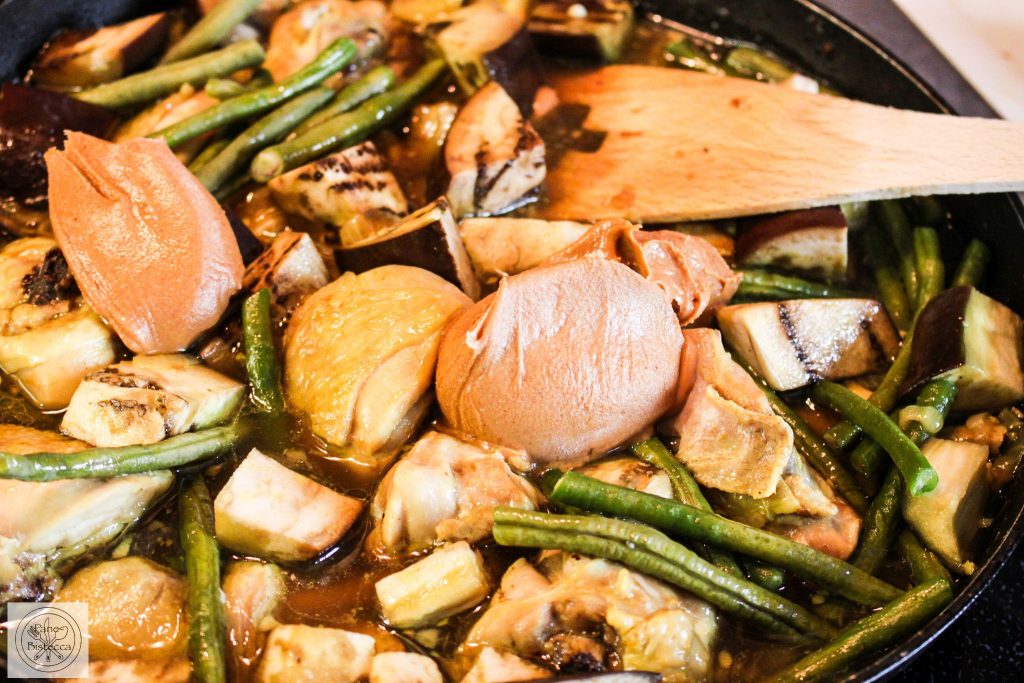
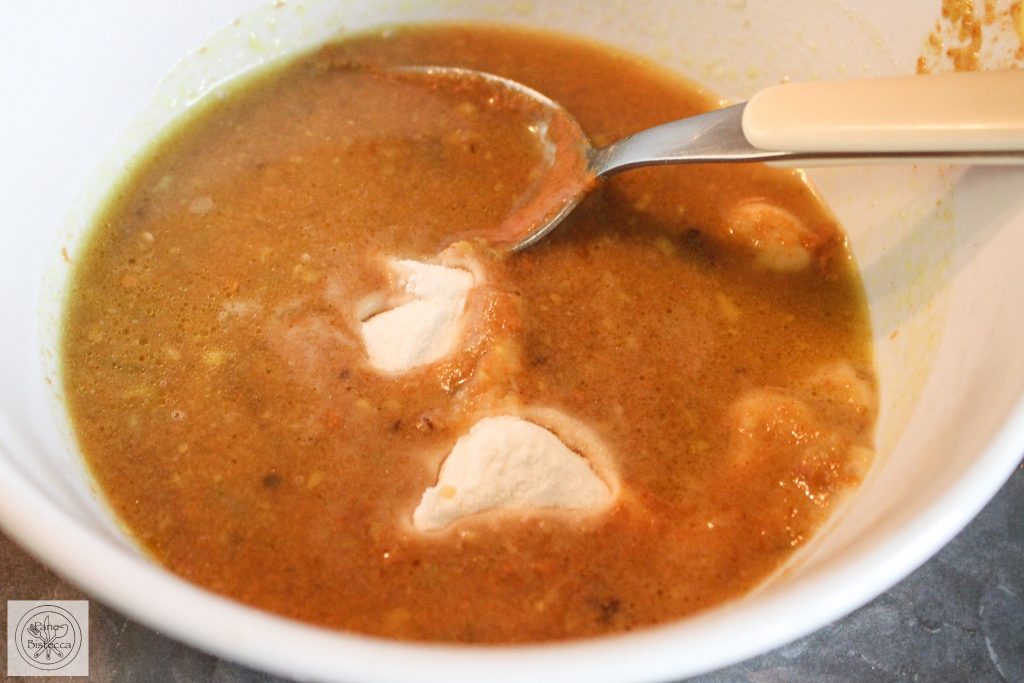
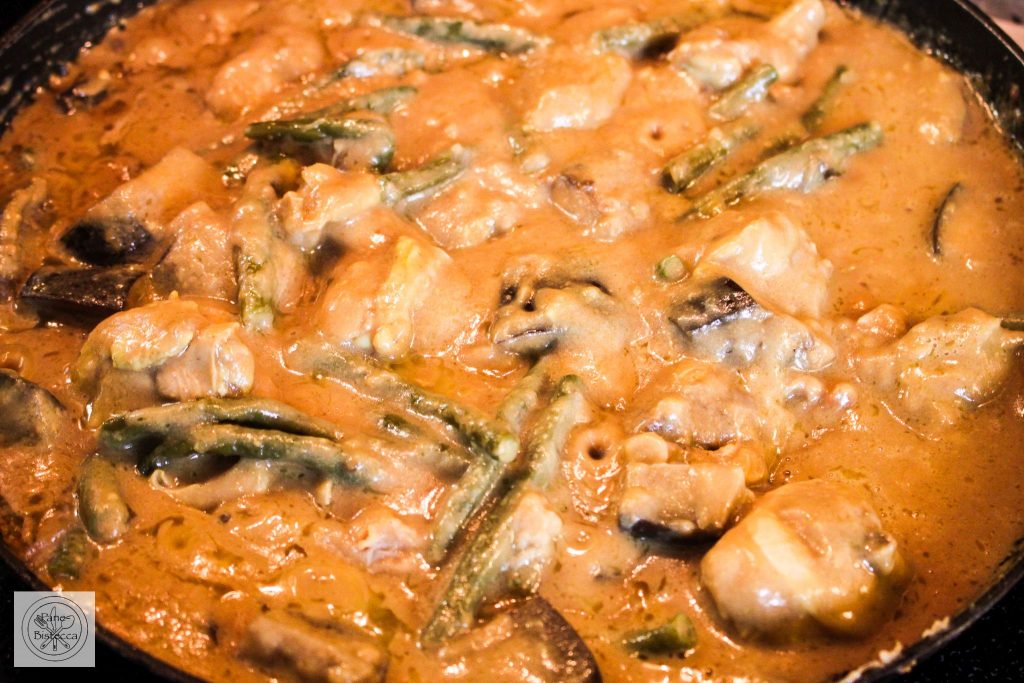
Poupou von poupous geheimes laboratorium mit Egg Pie
Wilma von Pane-Bistecca mit Kare Kare und Corned Beef Tortang Talong und Philippinisches Calamansi Huhn und Adobong Talong – Auberginen Adobo und Banana Lumpia und Pork Hamonado
Britta von Brittas Kochbuch mit Siopao – Gedämpfte Teigtaschen mit Schweinefleischfüllung
Susanne von magentratzerl mit Caldereta und Hühnchen-Adobo mit Kokosmilch
Petra aka Cascabel von Chili und Ciabatta mit Spanish Bread oder Señorita Bread und Gegrilltes Zitronengras-Hähnchen mit Bananen-Ketchup und Atchara
Regina von bistroglobal mit Chicken Sotanghon Soup
Friederike von Fliederbaum mit Adobo mit Kartoffeln und Kürbis
Simone von zimtkringel mit Philippinischer Bananenketchup
Volker von Volkermampft mit Tortang Talong – philippinisches Auberginen-Omelett und Pan de Sal – süße philippinische Milchbrötchen
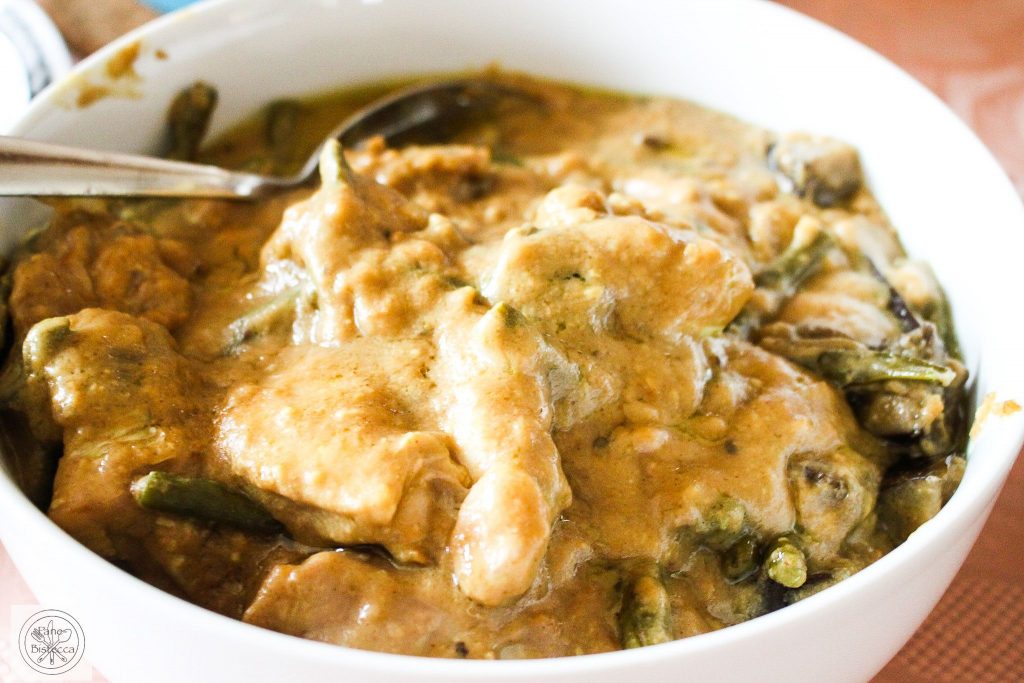





![Validate my RSS feed [Valid RSS]](https://pane-bistecca.com/wp-content/uploads/2024/05/valid-rss-rogers.png)